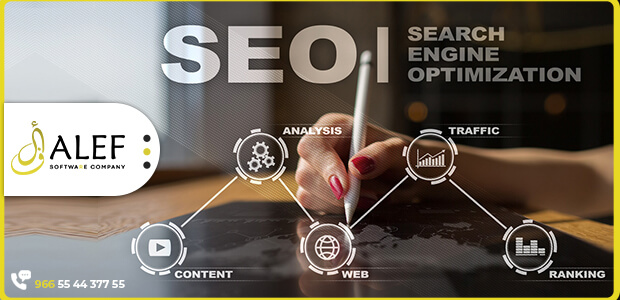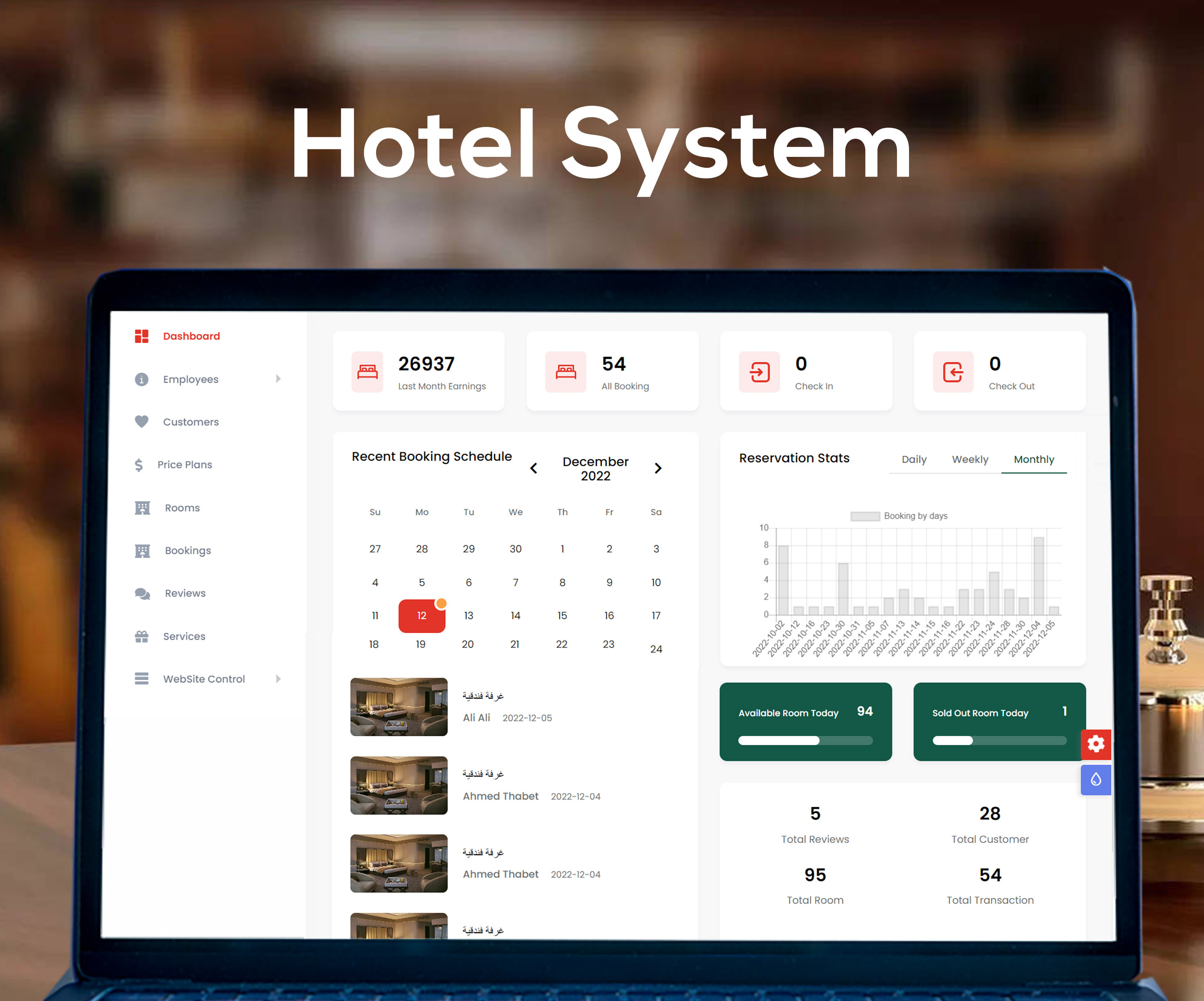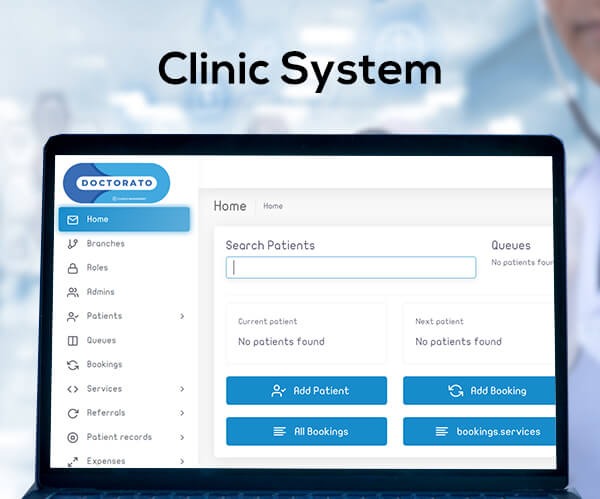Search engine optimization (SEO) refers to the process of improving your site’s organic traffic and ranking on search engines such as Google, Bing, and other search engines.
This includes creating high-quality content in addition to monitoring your site’s technical health, gaining links from other sites to your site, maintaining your site’s local search presence, and more.
How Do Search Engines Work?
Search engines like Google use relatively complex processes—or algorithms—to organize and rank content. Algorithms take a wide range of ranking factors into account to decide how well a page ranks.
In short, search engines take in digital content and organize this information into results pages. The ultimate goal is to make searchers happy with the results they find in the search engine results pages (SERPs).
How Does Google Work?
The primary goal of an SEO strategy is typically to rank highly on Google.
Google works in the following stages to find and rank content:
Crawling: Google uses “bots” to crawl the web and look for new or updated pages. In order for Google to find a page, the page must have links pointing to it. Generally speaking, the more links a page has to it, the easier it is for Google to locate that page.
Indexing: Next, Google analyzes the URLs the bots discover and tries to make sense of what the page is about. Google will look at things like content, images, and other media files. It then stores this information in its Google Index (or its database).
Serving: Once Google has assessed URLs, it determines which pages are most relevant to users’ search queries and accordingly organizes them in the SERPs
Here are a few areas you should keep in mind while optimizing your site based on the advice of Google itself:
Intent: Does your content answer your user’s questions or show them what they want to see? Factors like language, freshness, and synonyms make a difference here.
Relevance: Once Google’s algorithm has deemed that your content meets the search intent of whatever query was posed, it will scan its Google Index to see where your content falls in terms of relevancy. On-page SEO is crucial here. You will likely rank higher in the SERPs if you provide searchers with the clearest and most relevant content.
Quality: Yes, it might seem like content with good search intent and relevance is already high-quality. But, the reality is that quality is a factor in the Google Algorithm. Many refer to this assessment as E-A-T — expertise, authoritativeness, and trustworthiness.
Why Is SEO Important?
SEO is important because it helps boost the online visibility of your business.
Paid advertising and social media also help with visibility, but the beauty of SEO is that it can continue to bring traffic over time if set up correctly.
So, search engine optimization brings “free” traffic to your site. If you publish high-quality pages that answer a user’s query, they can appear at the top of the SERPs. This is an excellent place for searchers to become familiar with your website and business.
However, there are additional reasons to prioritize SEO. It can:
Bring conversions
Get you more leads
Encourage sales












